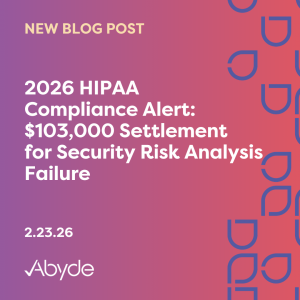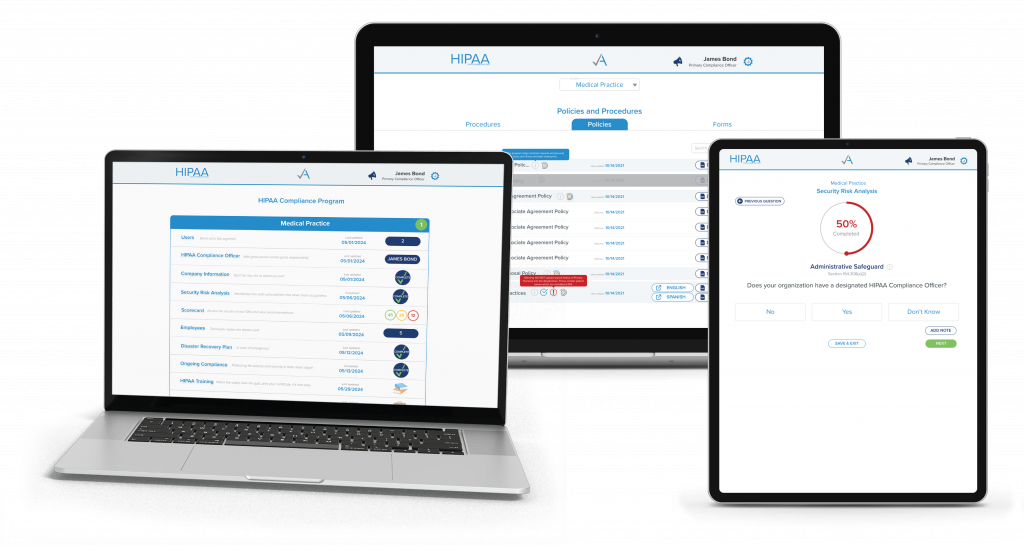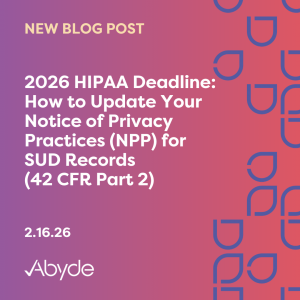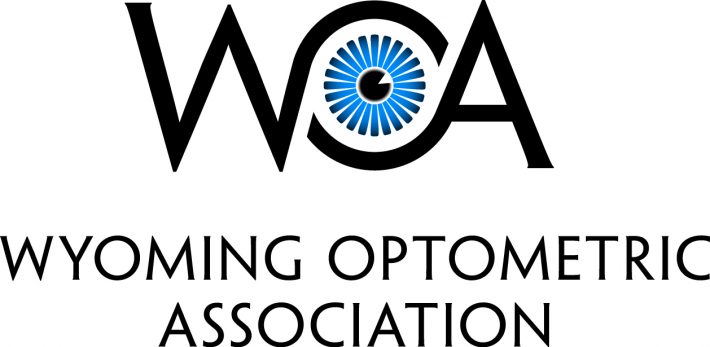
2026 HIPAA Compliance Alert: $103,000 Settlement for Risk Analysis Failure
February 23, 2026 The Office for Civil Rights (OCR) is back with a massive settlement to start 2026. A rehab center in Illinois, Top of the World Ranch Treatment Center (TWRTC), recently agreed to a $103,000 and 2-year Corrective Action Plan (CAP) settlement following a security breach that exposed major security vulnerabilities. This settlement is also the 11th enforcement of the Risk Analysis Initiative. The Top of the World Ranch Treatment Center HIPAA settlement was announced just days after the OCR officially enacted the Part 2 changes to the Notice of Privacy Practices. As of Feb 16, all Covered Entities, regardless of scope of practice, must update their Notices of Privacy Practices (NPP) to include special provisions regarding the handling of Substance Use Disorder (SUD) Protected Health Information (PHI). What Happened? In March 2023, an employee’s email account was compromised in a phishing attack, exposing fewer than 2,000 records. In the world of healthcare data breaches, where numbers often reach the millions, this was a relatively small but still severe incident. However, the OCR’s enforcement was not based on the size of the breach, but on missing paperwork. This breach report initiated an investigation that led the OCR to find the SUD facility had failed to complete a compliant Security Risk Analysis (SRA). The SRA is the foundation of a HIPAA-compliant practice and an extensive assessment of the potential vulnerabilities your practice might face. The SRA reviews the administrative, physical, and technical safeguards your practice must have in place. Since TWRTC hadn’t completed this proactive assessment, they missed the specific vulnerabilities in their technical defenses that eventually allowed a phishing email to succeed. The Bottom Line The Top of the World Ranch Treatment Center HIPAA settlement proves that the OCR doesn’t punish based on how ‘big’ a mistake is, but for a lack of preparation. Breaches happen, but your team’s readiness and response are what determine whether you face an enforcement action. You might think your practice is too small to be a target, but this settlement shows that if you have a breach, no matter the size, the first thing the OCR will ask for is your SRA. If you don’t have it, the legal repercussions could be far more painful than the breach itself. Is your SRA current for 2026? If not, meet with our team of experts today to get compliant.





